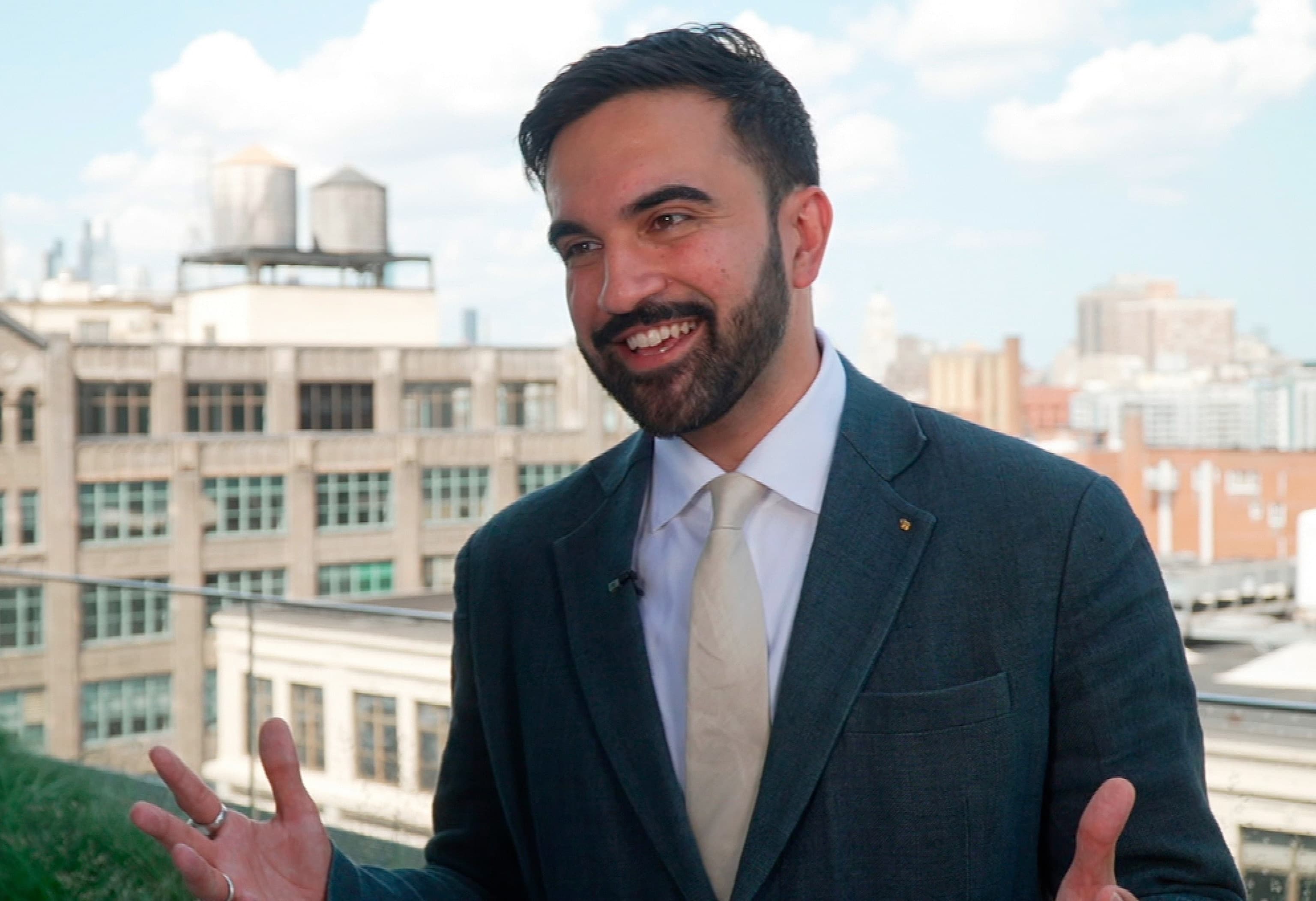Mamdani's New York Mayoral Primary Victory Highlights Potency of Affordability Populism

New York, NY – Zohran Mamdani, a self-described democratic socialist, has secured a significant victory in the New York City Democratic mayoral primary, signaling a potential shift in urban political strategies. His campaign, built on what has been termed "affordability populism," resonated deeply with voters grappling with rising living costs in one of the world's most expensive cities. The win has sparked widespread discussion about the future direction of the Democratic Party.
Mamdani's platform centered on concrete proposals to address the city's affordability crisis, including freezing rents on rent-stabilized units, implementing free bus service, creating city-run grocery stores, and expanding universal childcare. He proposed funding these initiatives through a $10 billion tax hike on the super-rich and increasing the top corporate tax rate. This focus on tangible economic relief for working-class New Yorkers proved highly effective.
The victory, particularly against a prominent figure like Andrew Cuomo, has been seen by some as a "wake-up call" for the Democratic establishment. Peter Ryan, in a tweet, highlighted the success of Mamdani's "affordability populism" as a counterpoint to "elite socialism," suggesting a fundamental ideological clash within the party. This sentiment reflects a growing divide between grassroots, economically focused movements and more traditional, centrist Democratic approaches.
"Great post by @g_shullenberger on the rise of Mamdani and the crux of present and future politics: Affordability populism (IMO against elite socialism)," Peter Ryan stated in his tweet.
Analysts suggest Mamdani's success demonstrates that a clear, economically populist message can mobilize voters, even in diverse urban landscapes. While his support base included affluent, highly educated white voters, he also gained significant traction among renters and those reliant on public transportation. The outcome underscores the national relevance of affordability as a key issue for voters across various demographics.
Mamdani's campaign strategy, which included extensive door-knocking and a strong social media presence, contrasted sharply with more traditional, money-backed campaigns. His ability to connect with voters on everyday economic struggles has led many to view his win as a blueprint for progressive candidates seeking to challenge established political norms. The upcoming general election will further test the broad appeal of this affordability-focused political movement.